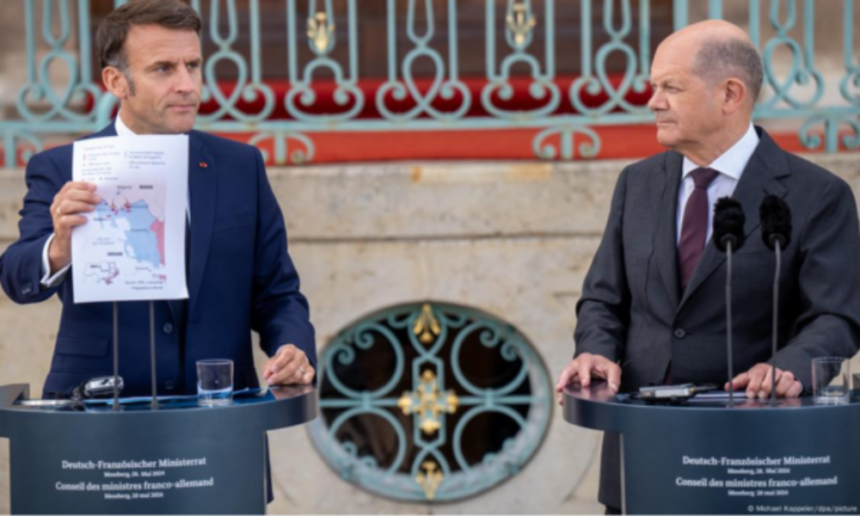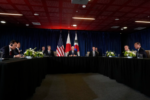Governments in Paris and Berlin are facing major financial hurdles as their 2025 budgets remain unapproved. In France, Prime Minister Michel Barnier suffered a crushing defeat when the National Assembly rejected the first part of the budget plan, with 392 votes against and only 192 in favor. In Germany, Chancellor Olaf Scholz is grappling with a looming financial shortfall and a likely Bundestag dissolution.
Budget Chaos in France and Germany
The rejection of France’s budget proposal follows heated debates where left-wing alliances called for wealth taxes on billionaires, corporate super-dividends, and higher taxes for digital companies. Meanwhile, Germany’s minority government faces a funding gap of €3.7 billion for social assistance and €10 billion for renewable energy investments. As a result, Berlin might need a spending freeze.
Political Impact and EU Implications
Both nations’ financial turmoil weakens their positions in the EU and with Washington. If Trump returns to the White House in January, Germany could be led by a caretaker government with limited decision-making power. France’s budget deadlock adds pressure, especially since the European Commission has launched debt-related procedures against the nation.
The outcome could paralyze Europe’s two largest economies, complicating EU strategies and key political initiatives.







